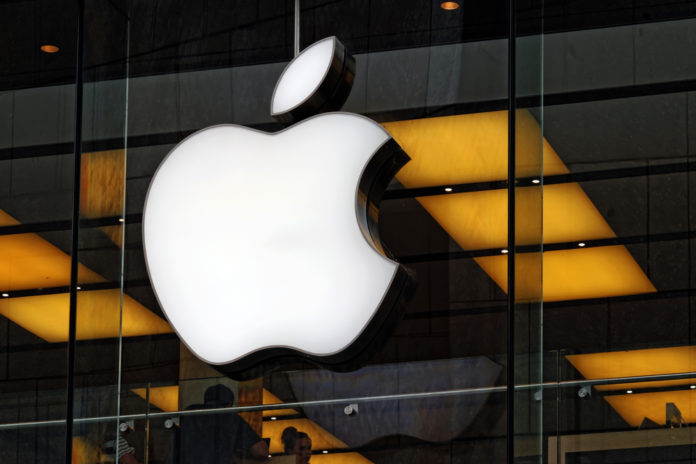Apple (NASDAQ:AAPL) warned that it will not meet its quarterly revenue guidance following the outbreak of the deadly coronavirus.
The company said that its thoughts remain with the communities and individuals hit by the disease, as well as those working to contain and treat the illness.
“We do not expect to meet the revenue guidance we provided for the March quarter,” Apple said in a statement.
The multinational technology firm pointed towards two reasons driving the miss in revenue; iPhone supply shortages and demand for products within China.
It said that “worldwide iPhone supply will be temporarily constrained”.
Though its iPhone manufacturing sites are not located in the Hubei province (which includes Wuhan), and whilst all of them have reopened, they are ramping up slower than the company expected.
The company added that these iPhone supply shortages will “temporarily affect revenues worldwide”.
Meanwhile, Apple also said that low Chinese demand for its products will also hit its revenue as all of its stores in China, and many of its partner stores, have been closed.
Stores that are open are running on reduced hours and experiencing “very low customer traffic”.
Fears mount as the coronavirus, which first broke out in Wuhan, continues to spread across the globe.
The World Health Organisation announced recently that the international community has launched a $675 million plan to prepare and respond to the coronavirus outbreak over the next few months.
“The situation is evolving, and we will provide more information during our next earnings call in April,” Apple commented.
“Apple is fundamentally strong, and this disruption to our business is only temporary. Our first priority — now and always — is the health and safety of our employees, supply chain partners, customers and the communities in which we operate. Our profound gratitude is with those on the front lines of confronting this public health emergency,” the company continued.

